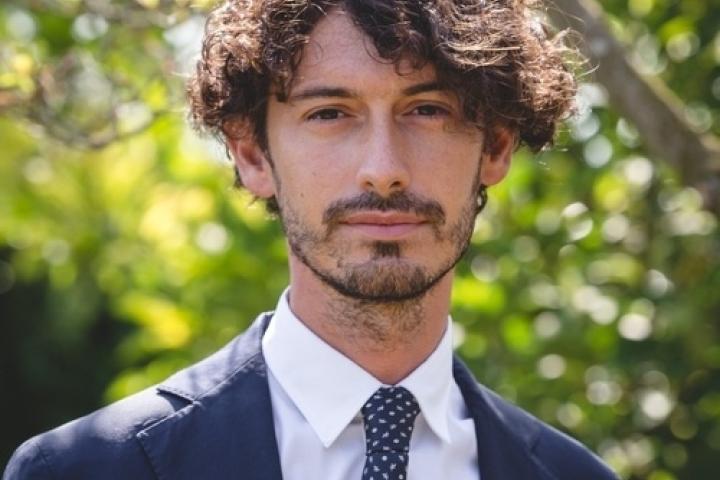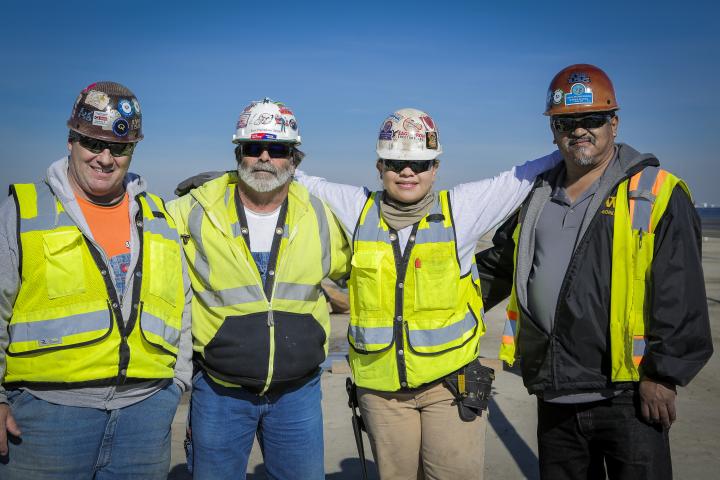The future of work is hot. Literally. Unpredictable seasons, droughts, floods, warming temperatures, rising seas, and a host of other climatic factors are changing what work is, what it means, and what it does to the body. These effects are unevenly felt across geographies, forms of difference, and inequalities. The impacts of climate change – extreme temperatures and changing agricultural cycles - on agrarian environments demand new frameworks to analyze work in the agrarian present and future. We invite abstracts that conceptualize climate change as a problem of work. Rather than restricting a changing climate to new weather patterns, shifting topographies, and techno-fixes, this conference opens a conversation to think about climate change through other anthropogenic changes, such as sociopolitical and economic transformations. This graduate conference will bring graduate students across disciplines to speak on a variety of topics including agrarian change, urban and rural relations, infrastructural transitions, uneven geographies of risk, and the politics of scale and temporality. We invite graduate students to send abstracts of up to 250 words to hak78@cornell.edu by March 1st, 2024.

Francesca Truffa, Stanford Peer Effects and the Gender Gap in Corporate Leadership: Evidence from MBA Students Abstract: Women continue to be underrepresented in corporate leadership positions. This paper studies the role of social connections in women's career advancement. We investigate whether access to a larger share of female peers in business school affects the gender gap in senior managerial positions. Merging administrative data from a top-10 US business school with public LinkedIn profiles, we first document that female MBAs are 24 percent less likely than male MBAs to enter senior management within 15 years of graduation. Next, we use the exogenous assignment of students into sections to show that a larger proportion of female MBA section peers increases the likelihood of entering senior management for women but not for men. This effect is driven by female-friendly firms, such as those with more generous maternity leave policies and greater work schedule flexibility. A larger proportion of female MBA peers induces women to transition to these firms where they attain senior management roles. A survey of female MBA alumnae reveals four key mechanisms: (i) increase in both female and male MBA peer support, (ii) reduction in negative work effects from having children, (iii) increase in negotiation, and (iv) suggestive increase in ambitions for those in sections with more female peers. These findings highlight the role of social connections in reducing the gender gap in senior management positions.
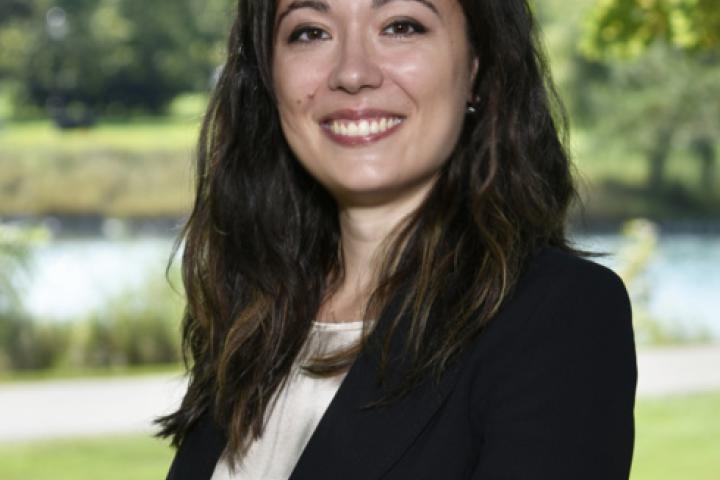
In pay, objective pay is more relative than your HR Director thinks Jake Rosenfeld (Wash U) chats with Prof. Diane Burton (ILR School) about his books and ongoing research. Snacks will be available. Professor Jake Rosenfeld's research and teaching focus on the political and economic determinants of inequality in the United States and other advanced democracies. He is primarily interested in the determinants of wages and salaries, and how these vary across time and place. He is the author of many articles and two books, You're Paid What You’re Worth and Other Myths of the Modern Economy (2021) and What Unions No Longer Do (2014). He is Professor of Sociology at Washington University in St. Louis. This talk is hosted by the Institute for Compensation Studies, Cornell’s Center for the Study of Inequality, and the Cornell Population Center. It is co-sponsored by the Department of Sociology.
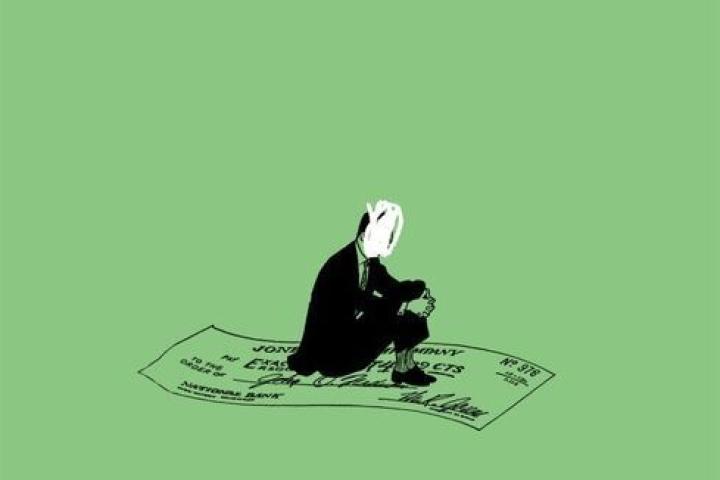
Trevon Logan, Ohio State Competition and Consumer Discrimination in Public Accommodations Abstract: In models of consumer discrimination, discrimination can persist in equilibrium. We present a model of discrimination where one group of consumers have discriminatory preferences related to consuming alongside another group of consumers. The model identifies the equilibrium relationship between the ratio of consumers of both types and the ratio of non-discriminatory to discriminatory firms in a local market. We examine this empirically using a new county-level dataset constructed from the Negro Motorist Green Books and the Census of Business to measure the number of non-discriminatory and discriminatory public accommodations in the United States between 1939 to 1955. Using various sources of plausibly exogenous variation in the consumer population ratio, we show that changes in the racial composition of consumers led to increases in the ratio of discriminatory to non-discriminatory firms in the post-war era. We also show a strong role for market power, where increasing provision of non-discriminatory treatment was primarily seen in the least competitive markets. Using novel data on prices matched to firms, we also show that since far more firms were in the discriminatory market than the non-discriminatory market, the prices in the discriminatory market were not higher than in the non-discriminatory market. The results imply that consumer preferences for discrimination were remarkably strong historically, that market power blunted the influence of consumer preferences, and that extensive racial discrimination would have been maintained nationwide without bans on racial discrimination in public accommodations.
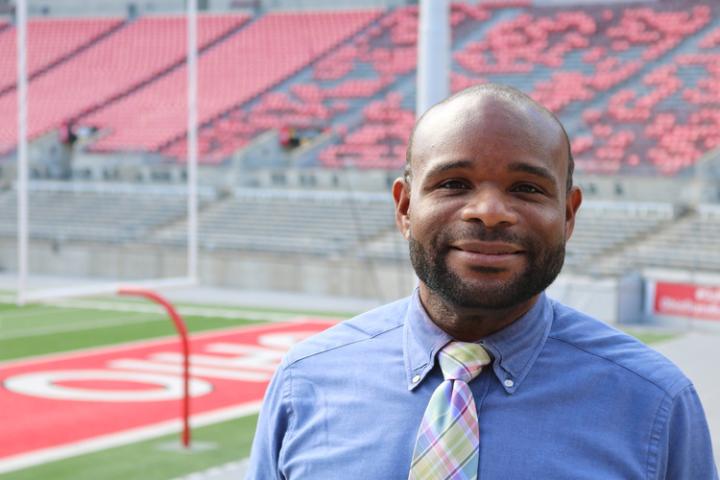
Edoardo Teso, Northwestern State Capacity as an Organizational Problem. Evidence from the Growth of the U.S. State Over 100 Years Abstract: We study how the organization of the state evolves over the process of development of a nation, using a new dataset on the internal organization of the U.S. federal bureaucracy over 1817-1905. First, we show a series of novel facts, describing how the size of the state, its presence across the territory, and its key organizational features evolved over the nineteenth century. Second, exploiting the staggered expansion of the railroad and telegraph networks across space, we show that the ability of politicians to monitor state agents throughout the territory is an important driver of these facts: locations with lower transportation and communication costs with Washington DC have more state presence, are delegated more decision power, and have lower employee turnover. The results suggest that high monitoring costs are associated with small, personalistic state organizations based on networks of trust; technological innovations lowering monitoring costs facilitate the emergence of modern bureaucratic states.
